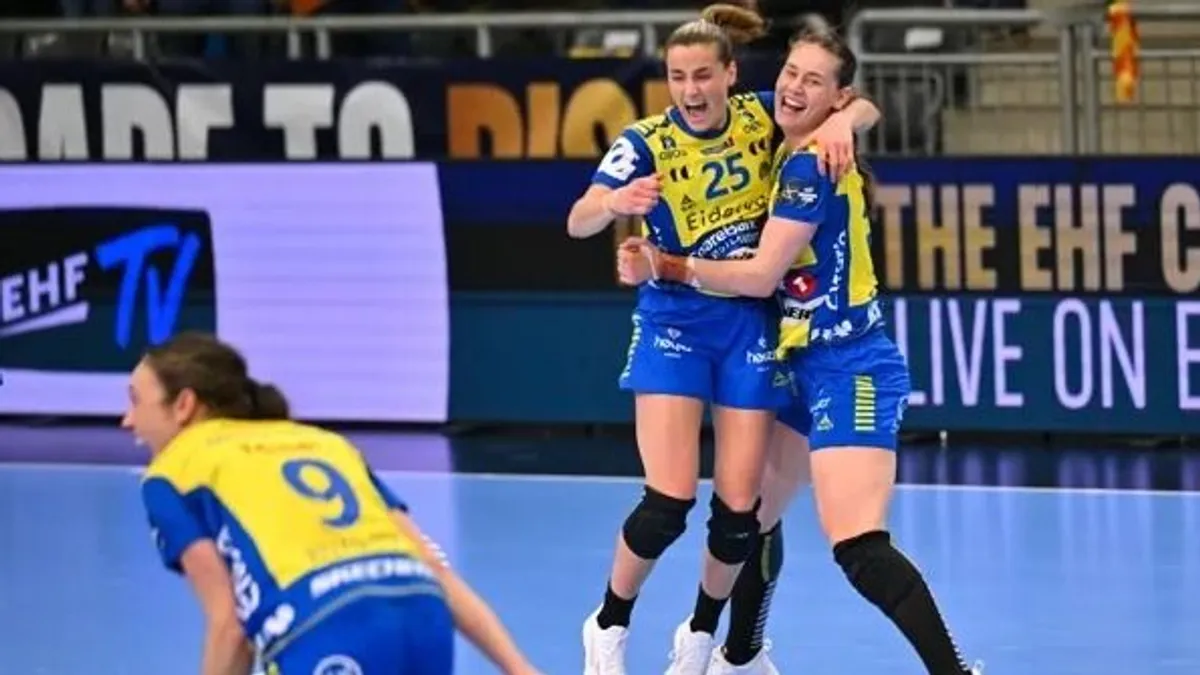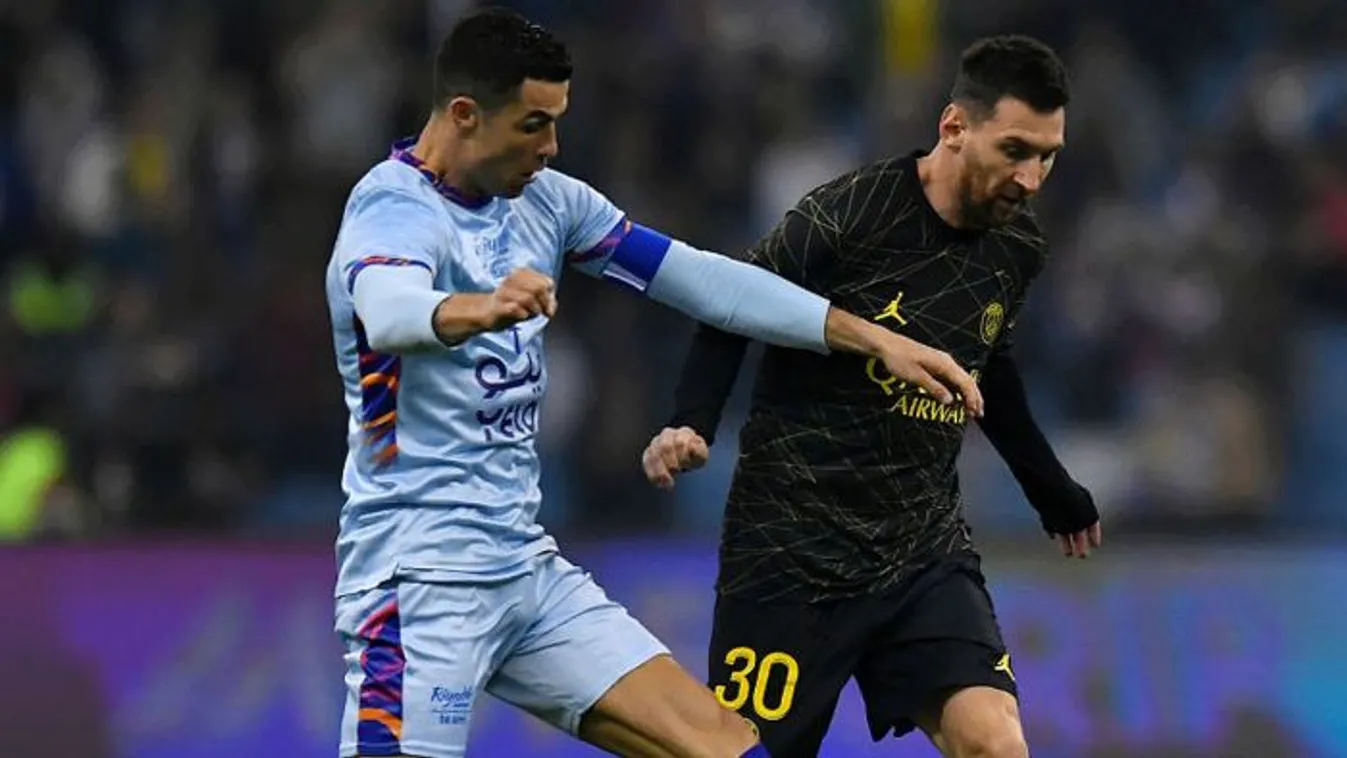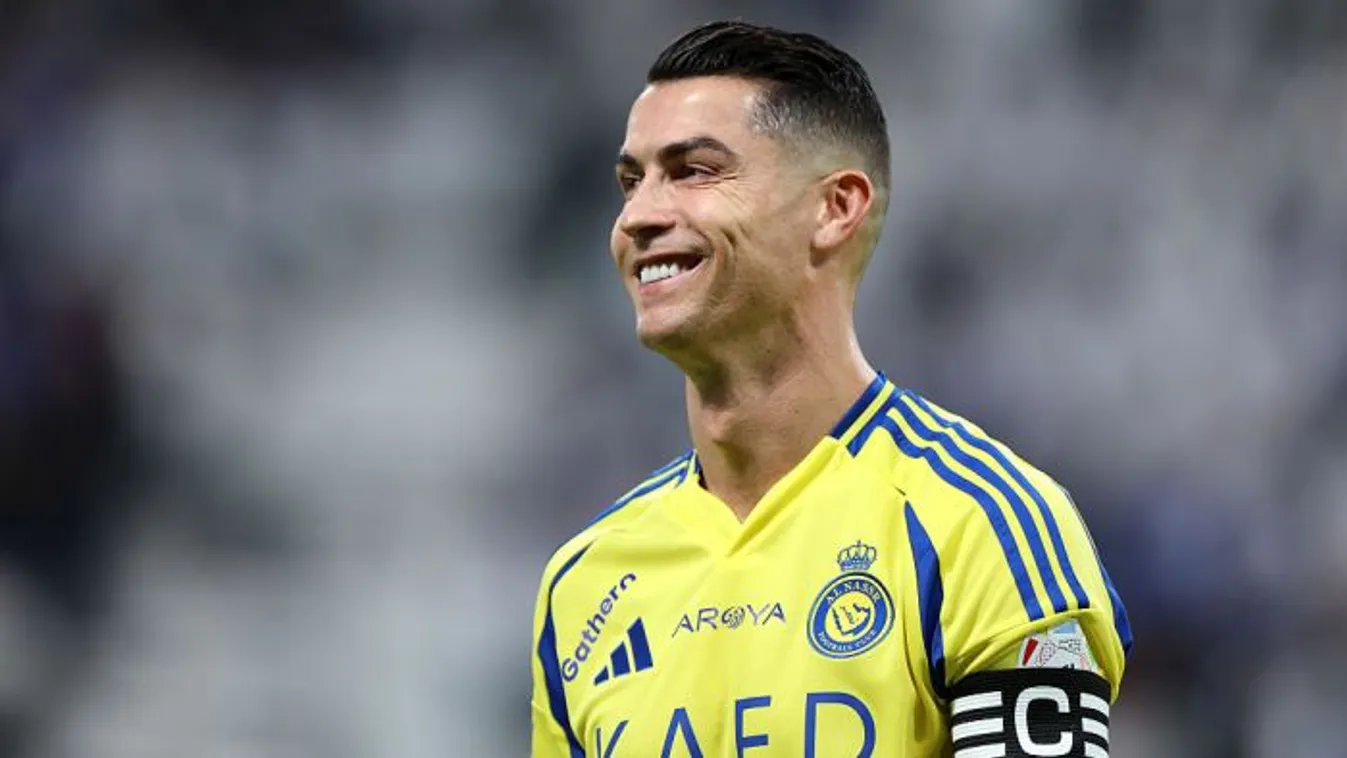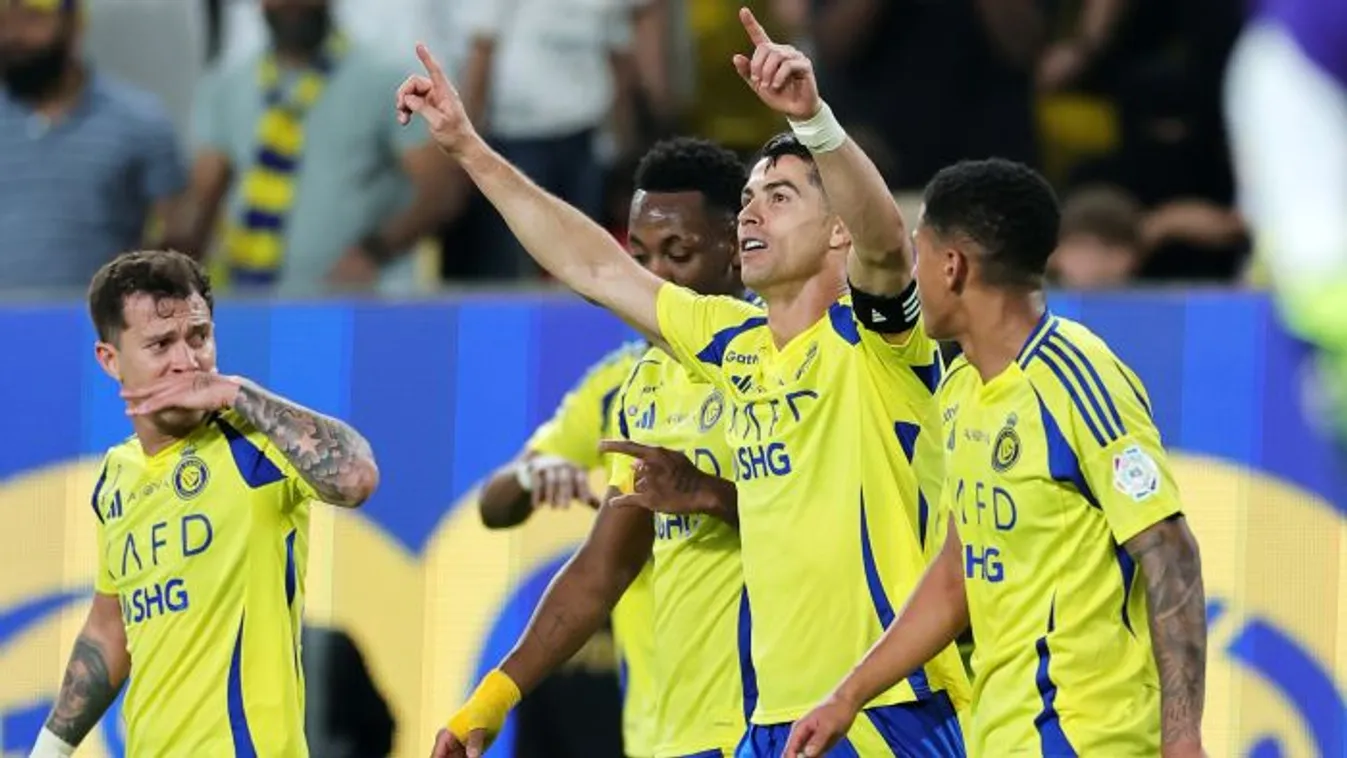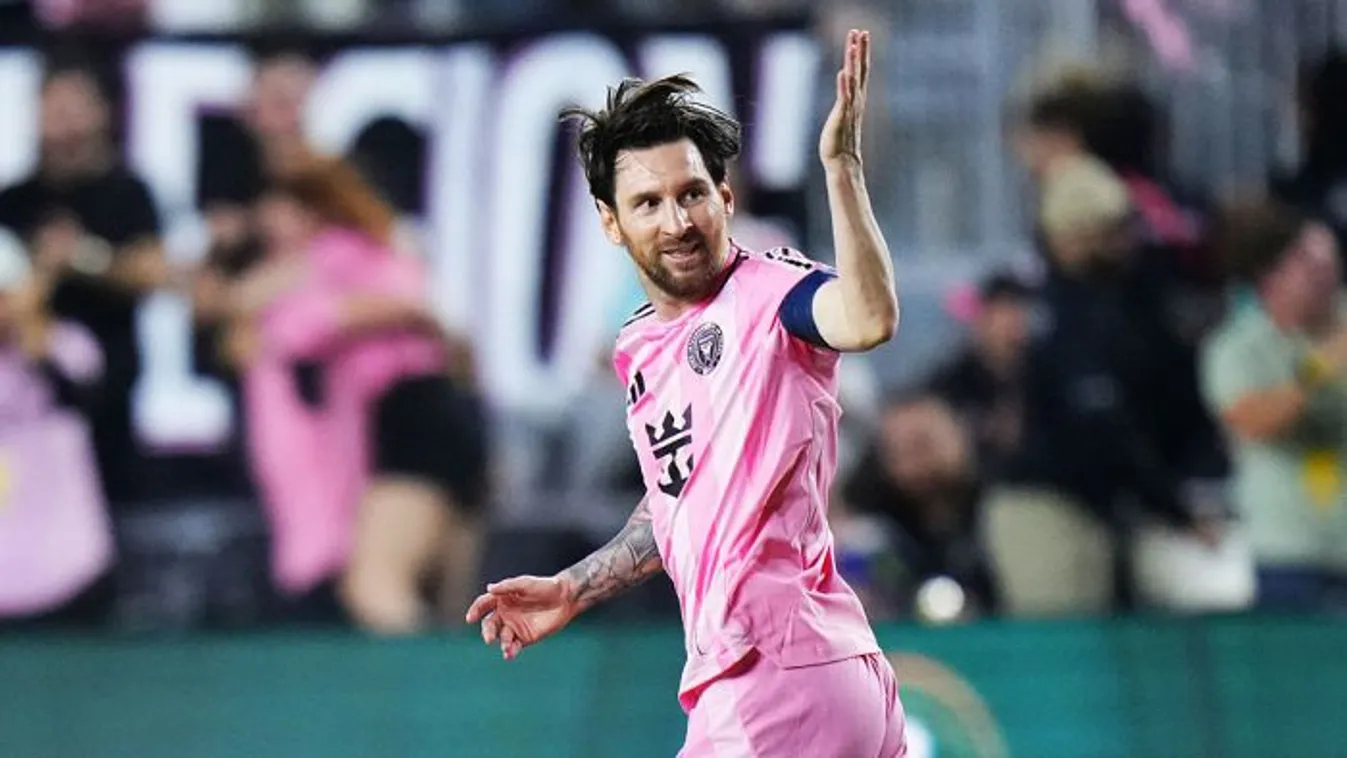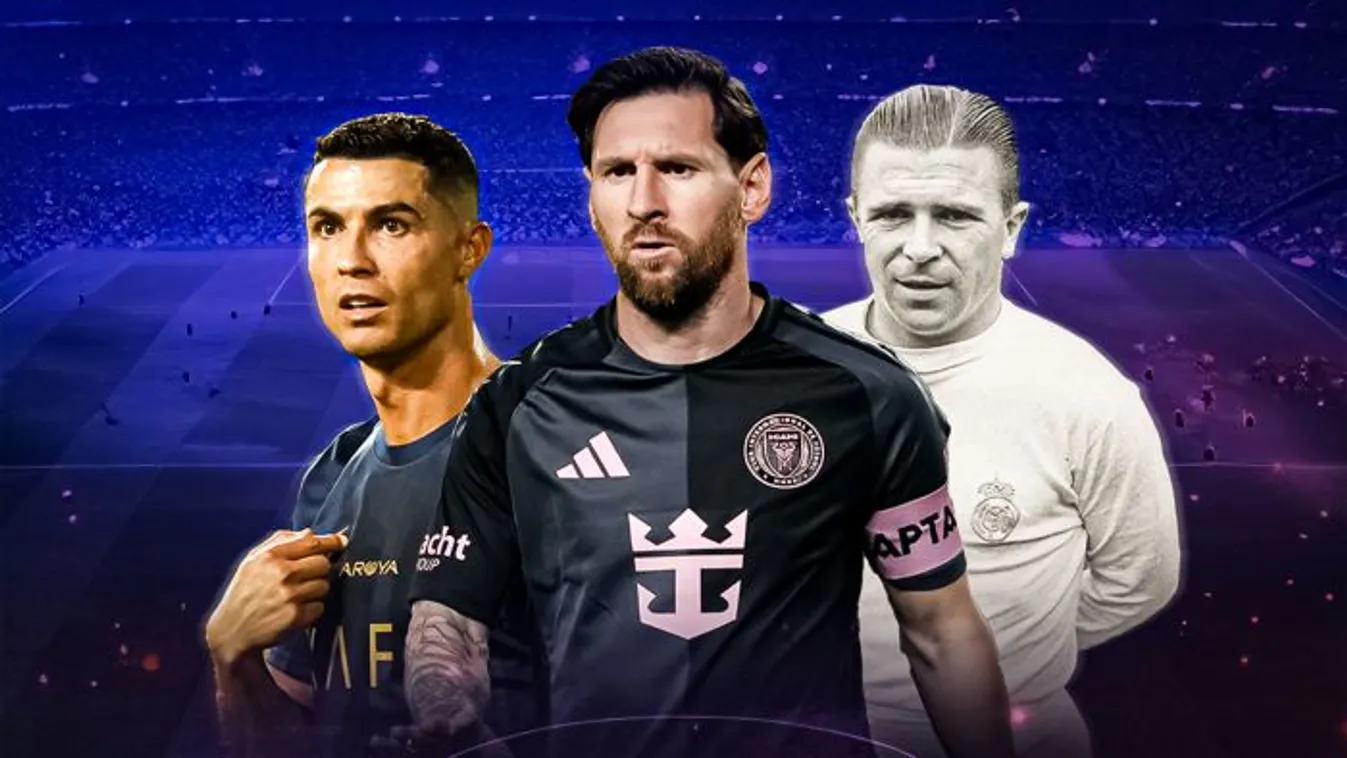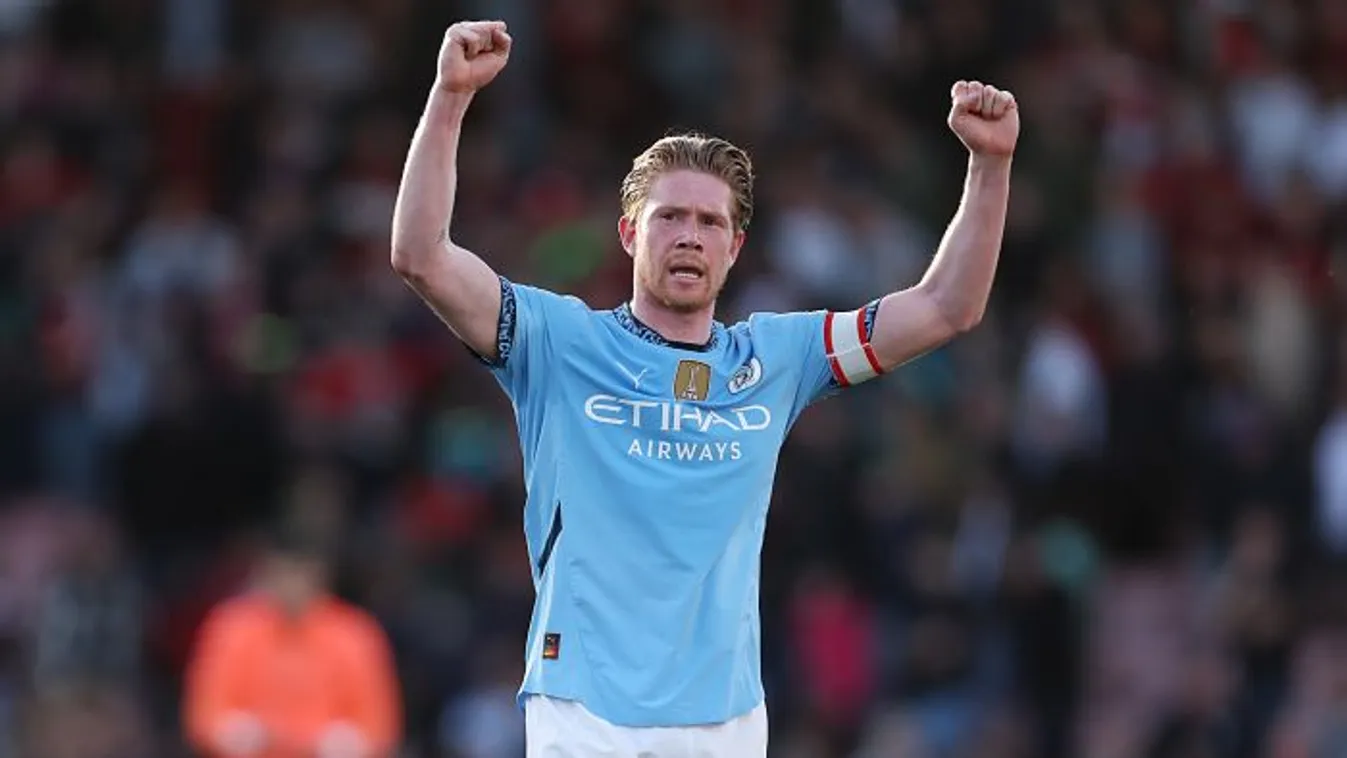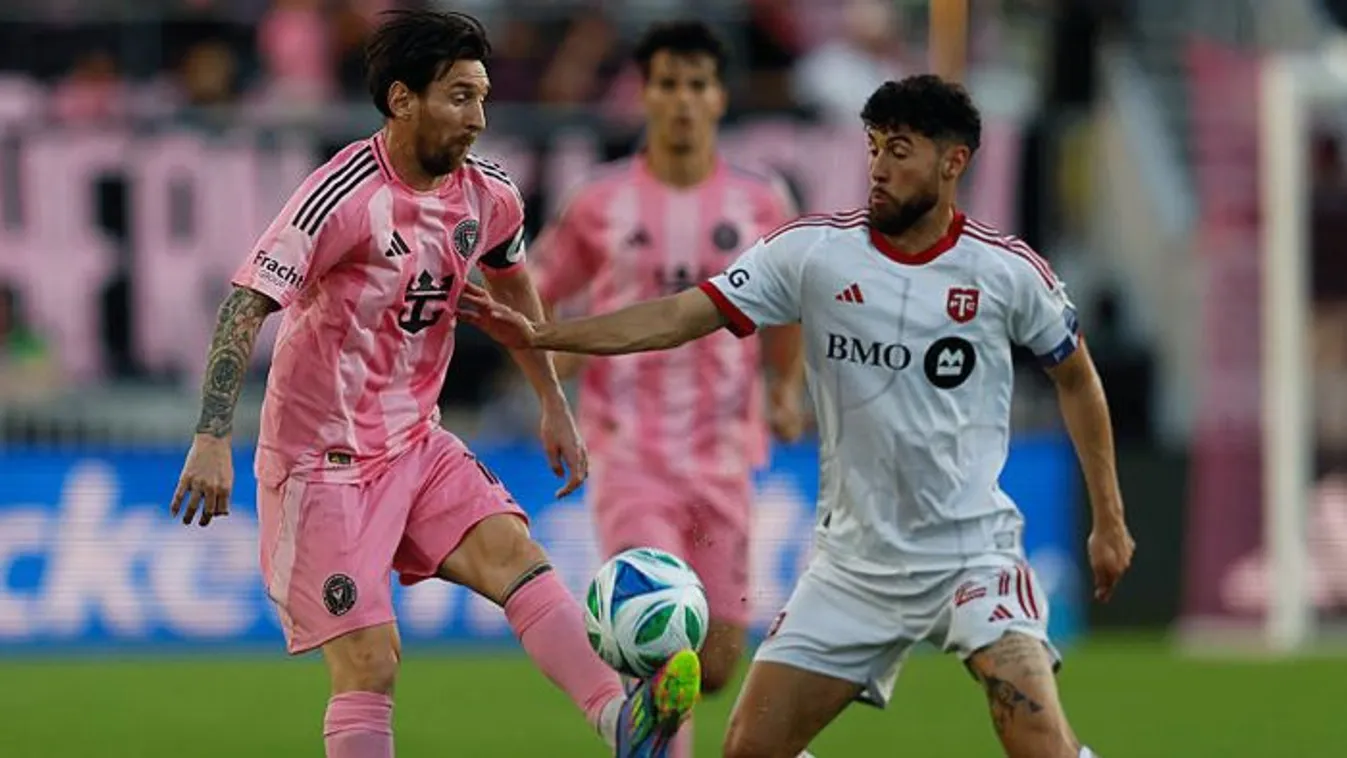Who will push Messi and Ronaldo off the throne?
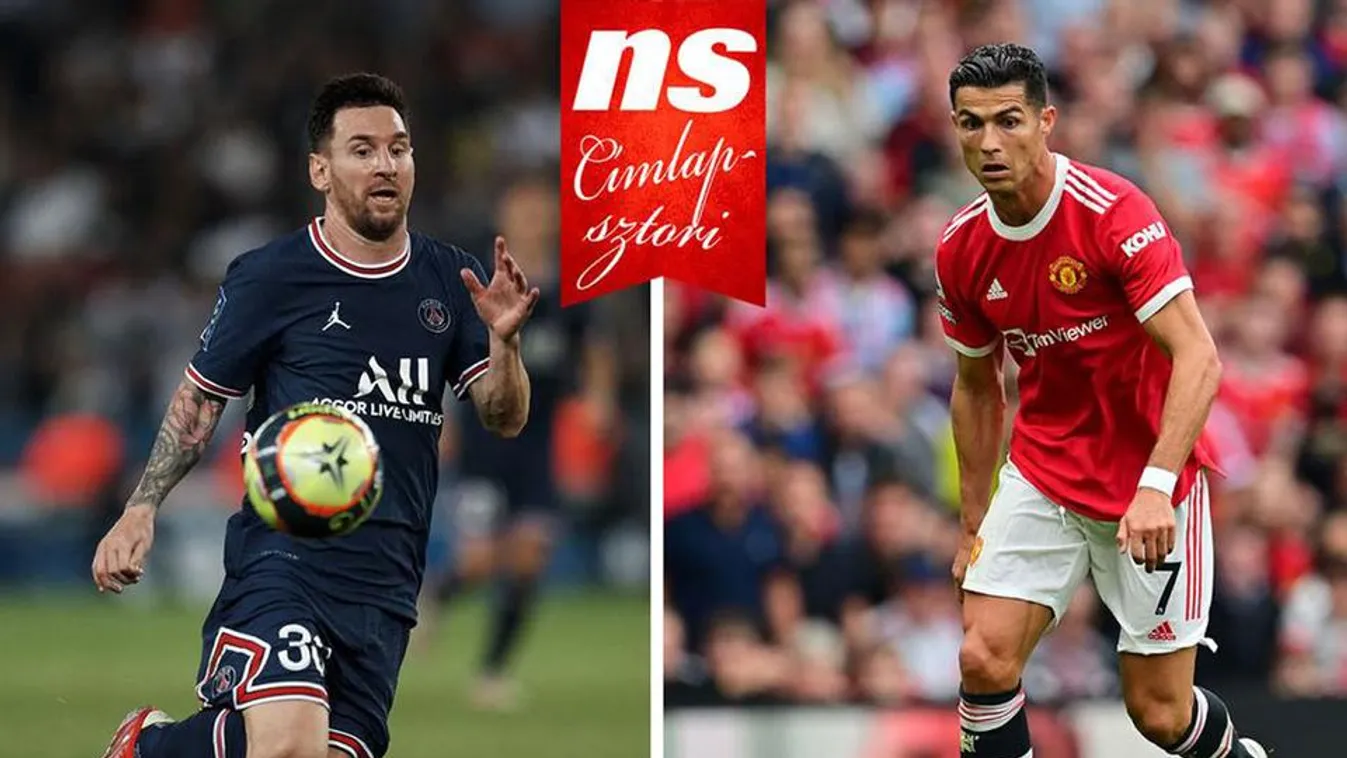
There are more and more signs that the double domination era of Lionel Messi and Cristiano Ronaldo is coming to an end in the history of football. Of course, there have been times before this that were marked by the rivalry between two epochal stars. It is enough to mention the rivalry between Johan Cruyff and Franz Beckenbauer from the first half of the 1970s or the alternating rivalry between Diego Maradona and Lothar Matthäus from the late 1980s and early 1990s. However, there has never been such protracted double domination in terms of length in history. In the past, for example, no one has ever won more than three Ballon d'Ors in their career. In December 2007, when France Football awarded Kaká (Brazil) its prize, the most prestigious individual accolade, few people would have thought that Messi or Ronaldo would be the winners back-to-back in the next decade, more specifically 11 times out of 12 years. Even if in one or two cases its legitimacy is disputable (especially in the period between 2010 and 2015, when FIFA replaced France Football in handing out the awards), it is a fact that in the last 12 years the Argentinian attacker has been ranked the best in the world six times, while the Portuguese legend was the best five times in the given years.
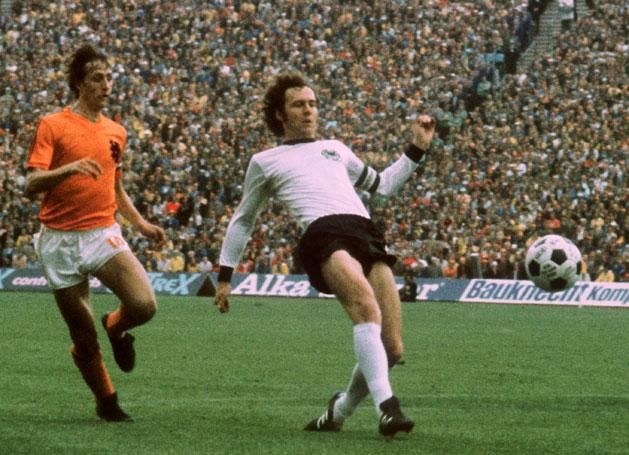
But now you can see their falling back. This is illustrated by the decrease in their market value (see our infographic), their summer transfer fee (Cristiano Ronaldo could have been bought for €23 million, and although Messi signed for Paris for free due to the end of his contract in Barcelona, his actual price would not have been much higher) or that Messi hasn't been able to win the Champions League with FC Barcelona since 2015, while Ronaldo has been unable to take Juventus to the highest level in three years.

HOW MUCH POTENTIAL DO THEY HAVE LEFT?
They are still impossible to describe, as the Argentine has just won his first adult tournament, the Copa América, with his country's national team, and CR7, despite the team's falling back, has produced brilliant individual numbers in Turin and started well on his return to Manchester.
It is well known that the Roman Empire decayed for a longer time than other empires flourished — and that is a bit the case with them. The two of them have held the crown for so long that even players who were considered their possible successors half a decade ago, such as Neymar, Paul Pogba, Mohamed Salah or even Harry Kane – well, now approaching 30, they look more like Prince Charles, who has been waiting for the throne for decades. And time is running out for them... It is rather racy that while Messi and Ronaldo won the Ballon d'Or in a back-to-back manner, and we often guessed who would be the up-and-coming youngster who would break their streak, a contemporary, Luka Modrić, then 33, "snipped" a Ballon d'Or from then in 2018. But it can't be seen as a change of guard either as the following year was Messi's again.
This year, however, will certainly not be his (as it wouldn't have been last year either, because if the Ballon d'Or had been awarded despite the pandemic, it would certainly have been given to Robert Lewandowski, who's also not a youngster), so we are attempting to take stock of the candidates who can really follow in the footsteps of the Argentinian and Portuguese legends. Who will be the next player of an entire era, who can often lift up the most important trophies and earn the Ballon d'Or several times? Will a pair form again, with members pulling and encouraging each other to reach the summit for a long time? Or will there ever be a footballer who will be clearly the best for a long time, or will it turn out, as is common in history, that a stable, solid system will be replaced by anarchy and chaos, the periodic domination of the little kings, after the death of the powerful monarchy?
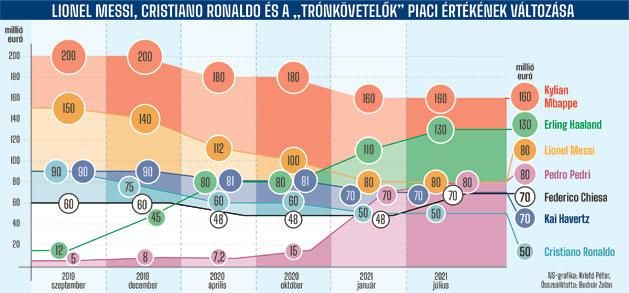
THE TWO MOST POWERFUL PRETENDERS OF THE THRONE: HAALAND AND MBAPPÉ
We know it's hard to predict years in advance in football. To give just one example: after playing in the 1998 World Cup, English football magazine Shoot predicted the starting line-up for the first England match of the next World Cup. The result: four out of 11 guesses were correct, two of them were substitutes, and five of them were not even included in the World Cup squad...
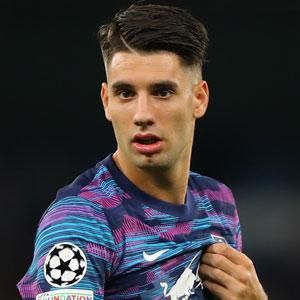
Almost everyone agrees that Dortmund's Norwegian striker Erling Haaland and PSG's French World Champion Kylian Mbappé are the two best players at the moment to take the throne from Messi and Ronaldo within a few years and become prominent players in international football for a long time. Of course, they've both won the Golden Boy Award for best U21 youngster in recent years. The value of Dominik Szoboszlai's teammate, Haaland, who attracts attention in Salzburg, started to increase in a very short period of time, while Mbappé is currently the most expensive footballer in the world with an estimated value of 160 million euros, according to Transfermarkt estimates. However, despite being only 22, his value, which has already been 200 million euros, is already declining.
He skyrocketed at a very young age, he was already a star at 17, a lot of people started comparing him to Pele, but even though he's been a major player in international top football for four years and scored in a World Cup final, we'd be in trouble if we had to put together the prestigious and important matches that he decided. The only ones to mention are the 2017 Monaco-Manchester City Champions League semi-final and the 2021 Bayern Munich-PSG Champions League quarter-final. Despite all his impressive skills, it is hard to imagine him winning as many big matches for his current team as Messi and Ronaldo. My opinion, which I've been hiding so far, is that he's already over the zenith of his career, but of course I'm not excluding the possibility that I'm wrong.
HAVERTZ, PEDRI, CHIESA AND THE OTHERS
The basic principle of our compilation was to take into account only players aged 23 and under in the search for dynastic successors because we will give Messi and Ronaldo a few more years to "peacefully transfer power." Despite this filter, of course, many players, such as Ansu Fati, Frenkie de Jong (both are in FC Barcelona), Eduardo Camavinga, Vinícius Júnior (both are in Real Madrid), Jamal Musiala (Bayern Munich), Jadon Sancho (Manchester United) or Florian Wirtz (Bayer Leverkusen), are also considered.
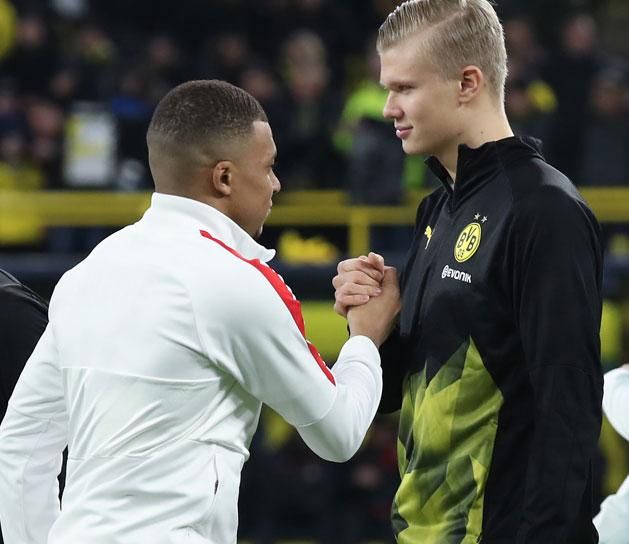
Yet, after careful selection, we see that, along with Haaland and Mbappé, Germany's Kai Havertz, Spain's Pedri and Italy's Federico Chiesa have the best chance of defining an era as a multiple Ballon d'Or winner player. While Havertz's development seems unbroken and he has already been a deciding factor in winning a Champions League final, Chiesa and Pedri were perhaps the two greatest discoverers of this year's European Championship. The latter's situation is more difficult because as a midfielder, he will obviously always have a more ungrateful image. That is why both Xavi and Inieste have never won a Ballon d'Or – although in their heyday Messi and Ronaldo were there, and after their departure, perhaps such useful players have a chance to take center stage.
But to be honest, at the moment we can't imagine any candidate dominating an era for as long as Lionel Messi and Cristiano Ronaldo did.
Could (have) we really be(en) witnessing something very special?
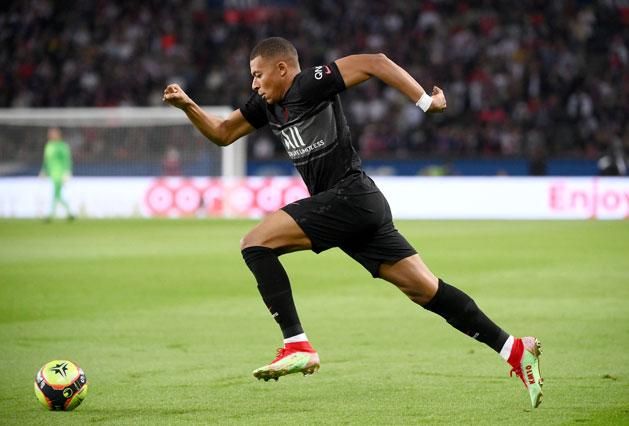
Transleted by Vanda Orosz

Legjobbak, legszebbek – Deák Zsigmond publicisztikája
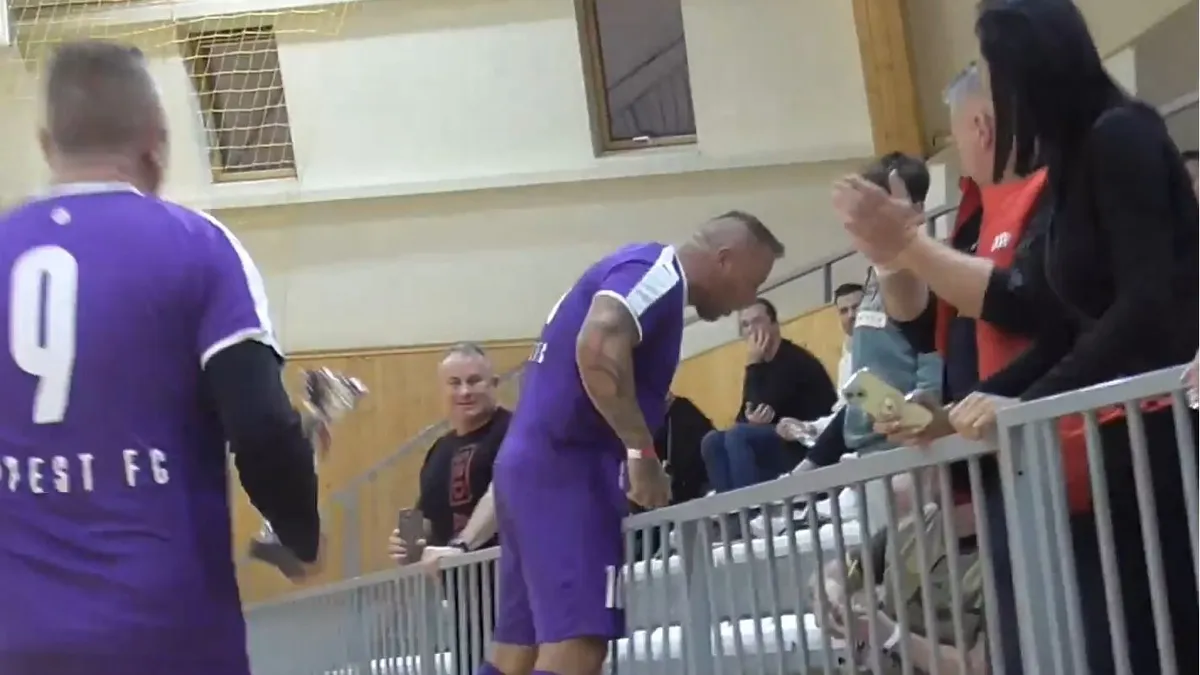
Curtis pofonvágta az őt gyalázó szurkolót a lelátón
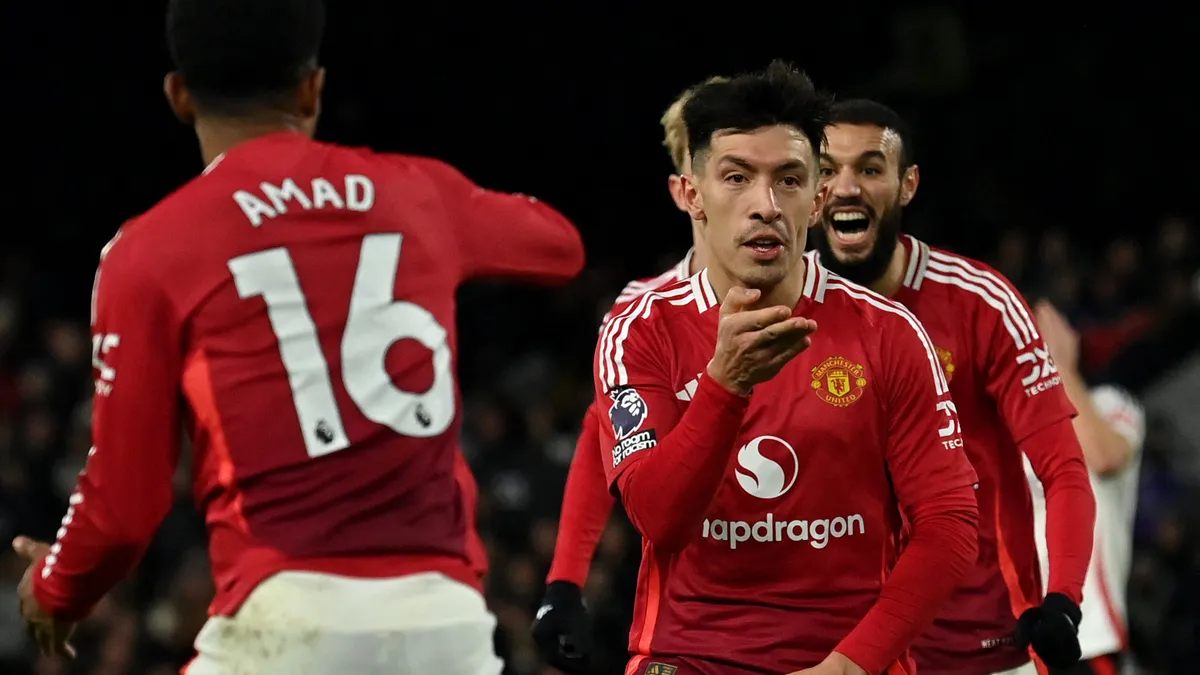
Az MU egyszer találta el a kaput, de egy szerencsés góllal így is nyert
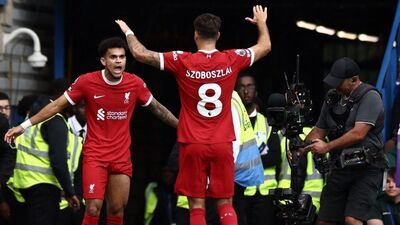
Ez nem hiányzott: Szoboszlai Dominik még egy világsztár miatt aggódhat!
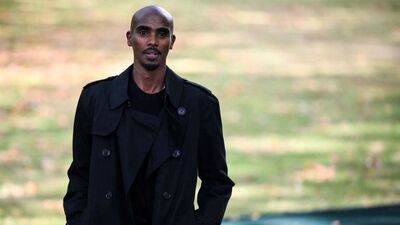
Milliárdokért árulja luxusotthonát az olimpiai bajnok

Villámgyors finomság – az 5 legjobb tejbegrízrecept
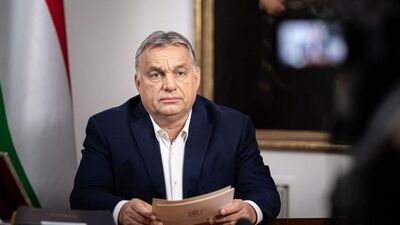
Orbán Viktor elutazik, ezen a helyen magyar kormányfő még nem járt
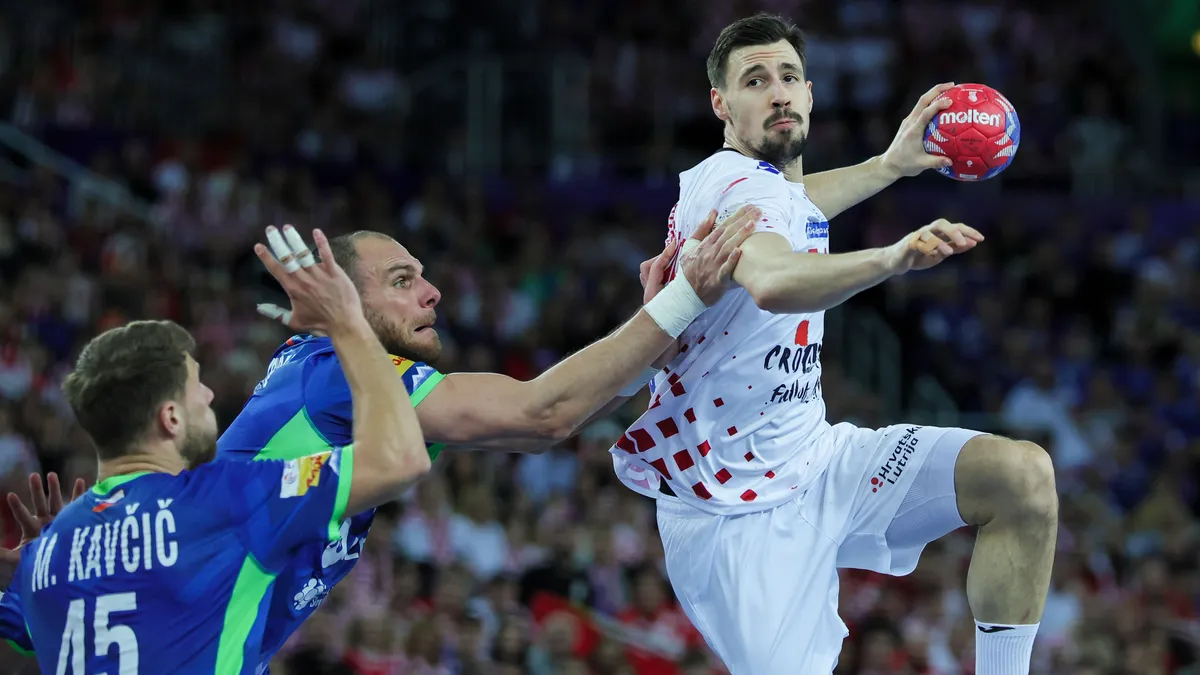
A szlovénokat legyőző Horvátország lesz a mieink negyeddöntős ellenfele kedden 18 órakor a kézi-vb-n
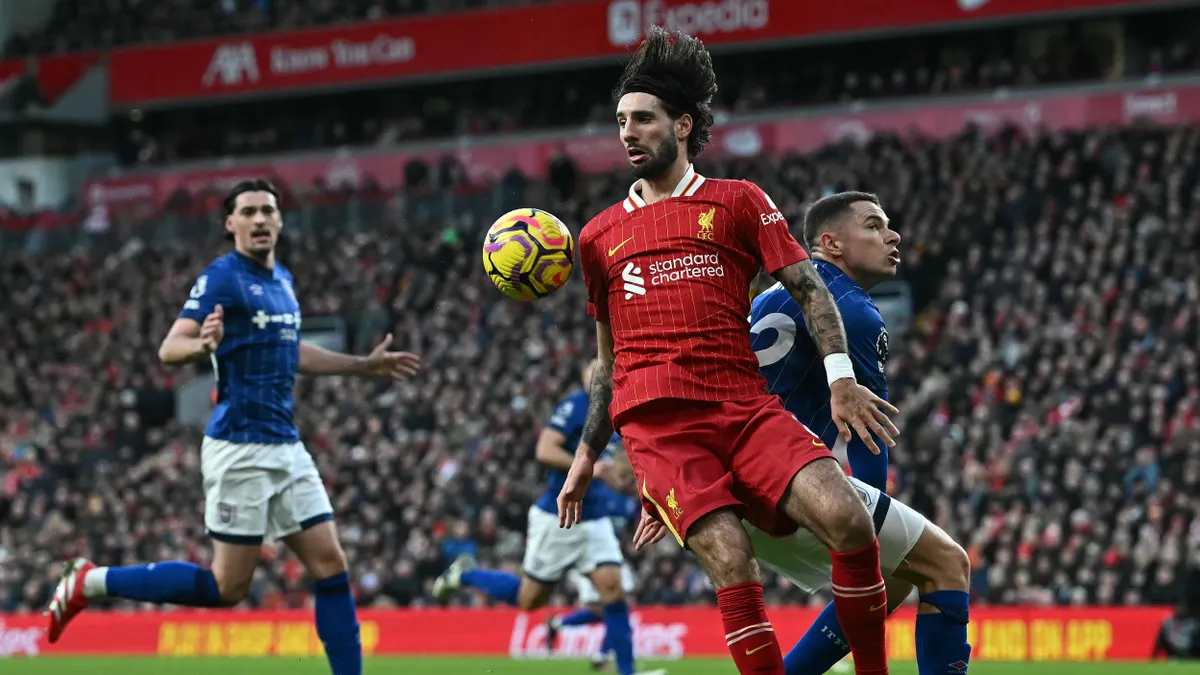
Szoboszlai szenzációs passzán ámul a világ - videó
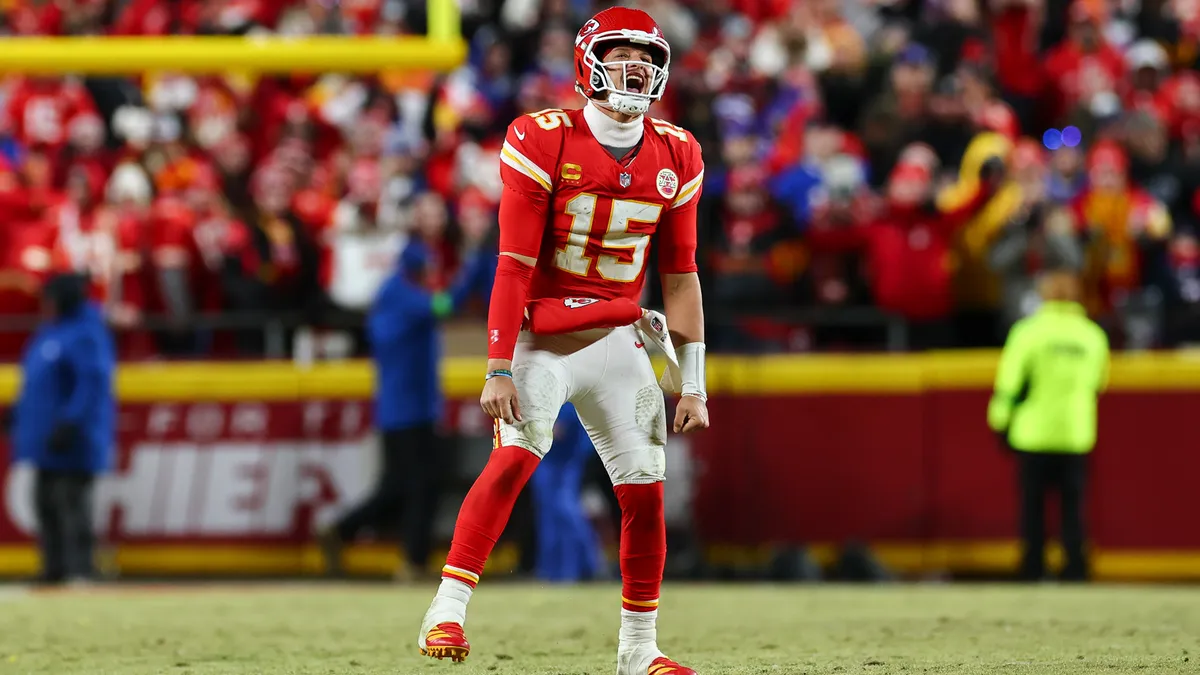
A Chiefs újabb drámai meccsen nyert a Bills ellen – triplázás kapujában a Kansas City!
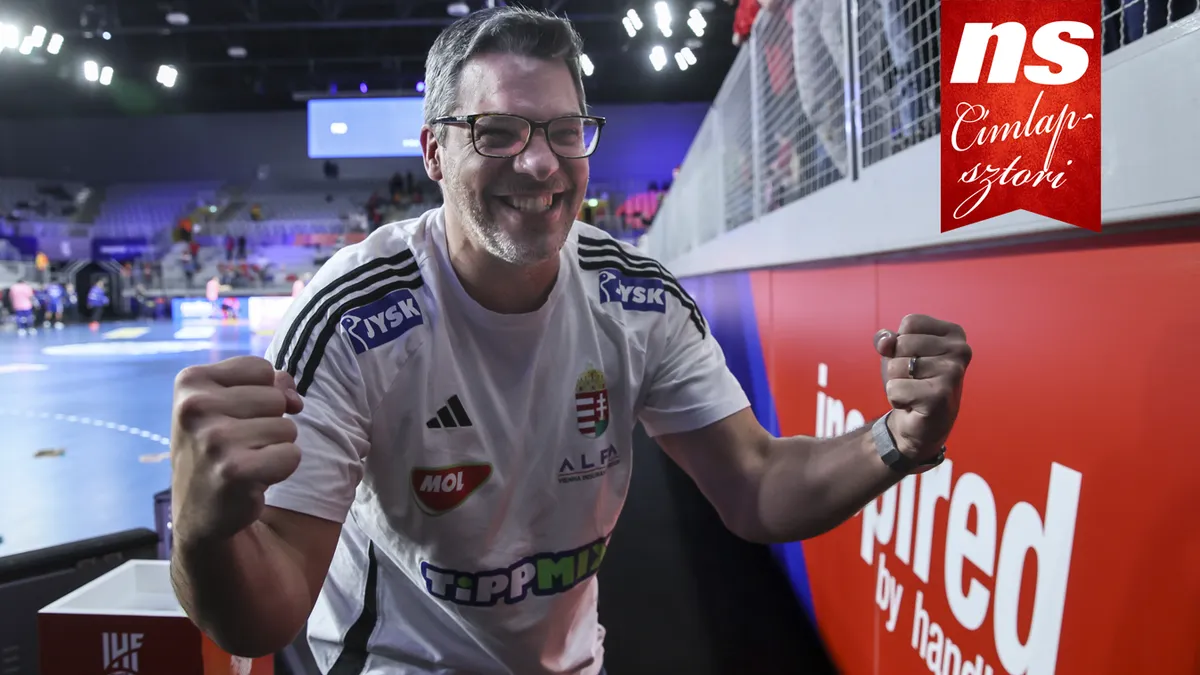
Chema Rodríguez: Óriási dolog, hogy sorozatban harmadszor ott vagyunk a nyolc között
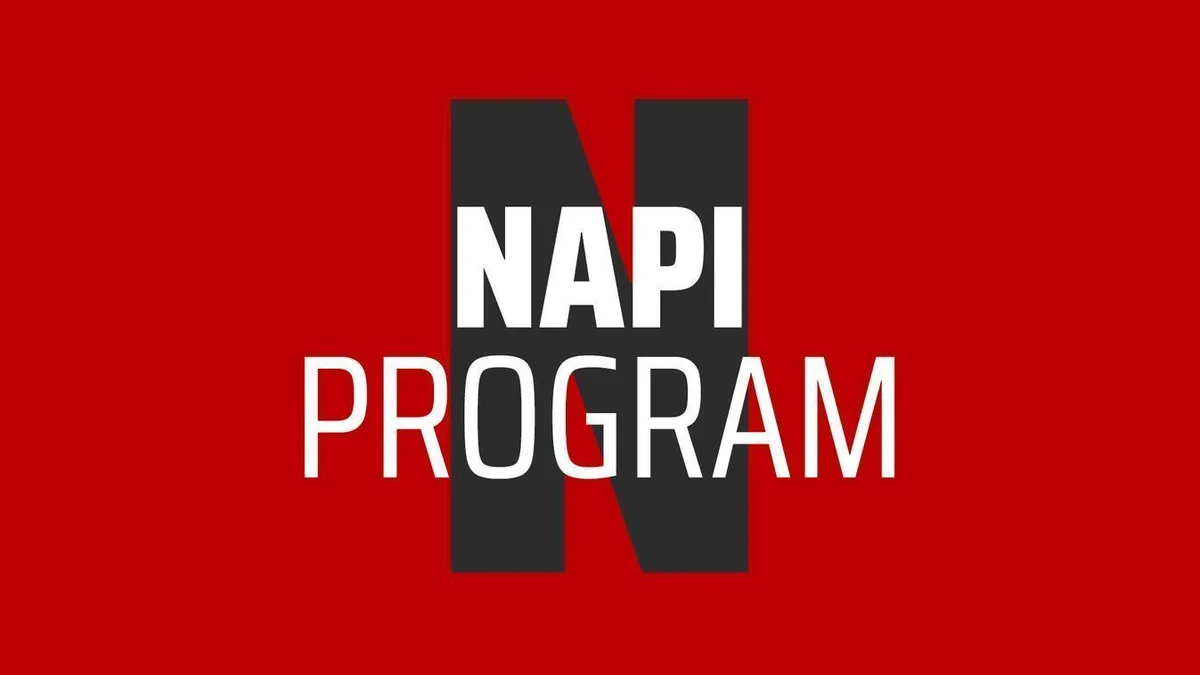
Hétfői sportműsor: olasz, spanyol és angol futball, magyar futsal
